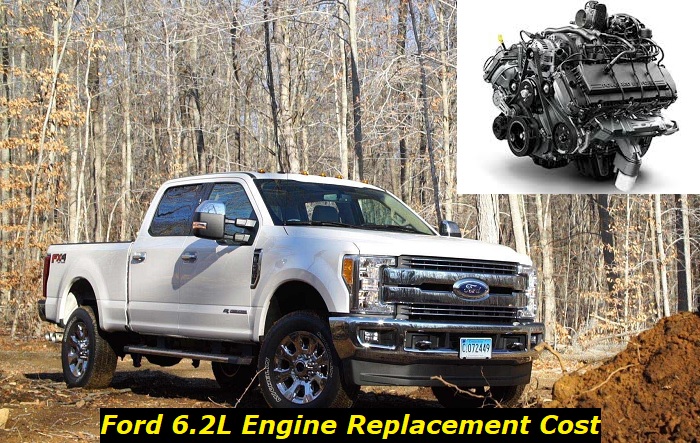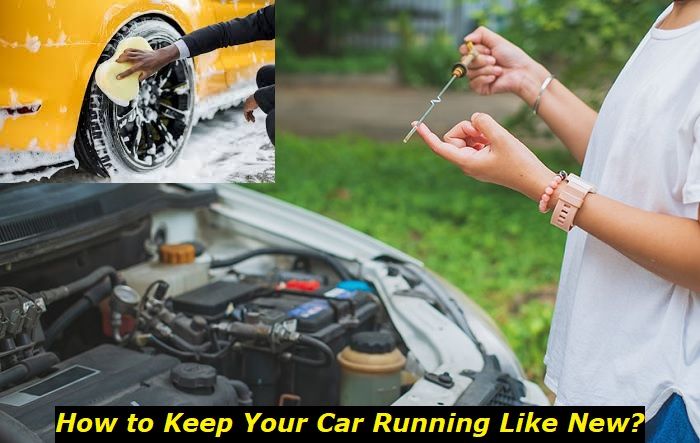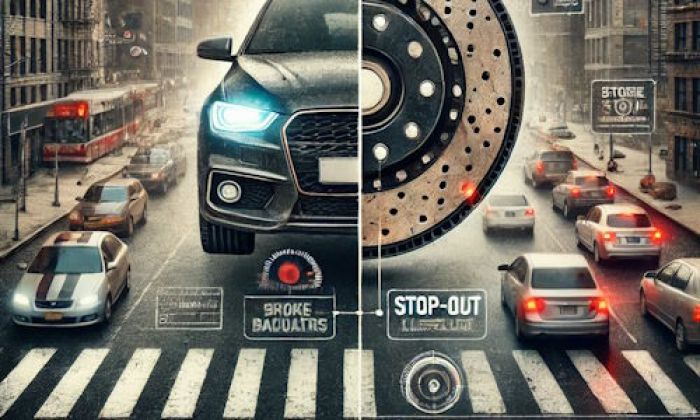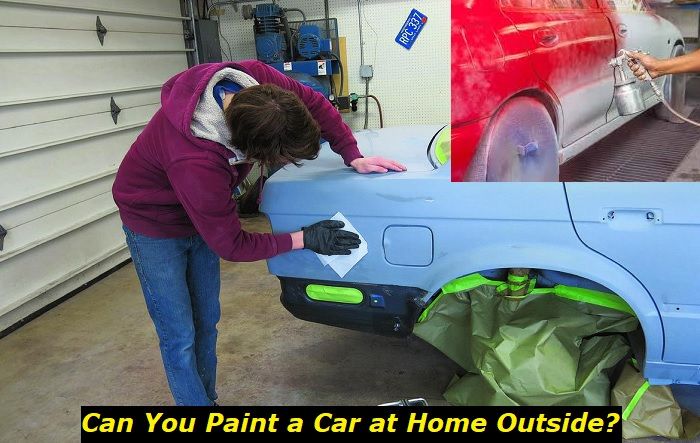Regardless of the make and model of the vehicle in question, an engine replacement sounds quite scary, especially since it usually means that the old one had quite a big issue. To be honest, it's easy to understand why most people are afraid of engine replacements since engines are the components that basically make the car what it is.
Key features and my opinion about the engine
- Production years:2010-2022
- Average lifespan of Boss:350,000-400,000 miles
- Fuel supply type:port injection
- Power range:385-500 hp
- Fuel efficiency:awful
- Engine block material:cast-iron
- Engine reliability score:high
- The most common problems:heavy oil consumption, water pump problem, complicated spark plug replacement, enormous fuel consumption.

Does the engine actually need replacing?
Before thinking about how much would it cost to have your engine replaced, we think that it's more important to know if your engine actually needs replacing since this operation can be very expensive and time-consuming and if the issue can be fixed without a new engine then it would be a lot more economical to do so.
Here are a few things that could indicate your engine needs replacing:
1) Knocking noises
"Knock, knock! Who's there? It's cylinder number 3!" This might seem like a funny joke unless it's happening to you. If you frequently hear knocking noises from the engine, that usually means that there's quite a lot of damage there.
This might have been caused by a lack of lubrication or simply because the engine is on its last legs. When the problem is this serious, the knocking noise will be quite specific and loud and you probably will not confuse it for a rattling interior trim piece.
2) Metal shavings in the oil
The last time you did your oil change you noticed that the used oil was shining like it was full of precious gems? They were in fact metal shavings and when they're present in the engine oil, this usually means that there's not much life left in that particular engine, unfortunately.
A good tip we can give to you would be to send samples of used oil every time you perform an oil change to a specialized laboratory that will tell you exactly which are substances present in the oil.
3) Severe overheating issue
Of course, many times, even if all of the cooling components are in perfect working order and the system is bled properly, the engine might still be overheating. When this happens, the culprits are either the cylinder head gasket or the cylinder head itself.
However, in certain situations, depending on the materials that the engine block is made out of, if it was overheated multiple times, or if the block is simply too fragile when it comes to excessive temperatures, it might be damaged as well, in which case you might need a new one.
4) Lack of power
If an engine is lacking power, it doesn't necessarily mean that it's time to change it, since there are many components that could affect the way it performs. However, if all of the sensors are fine, there are no vacuum leaks, and the turbocharger/supercharger is in perfect working order, yet there's still no power, then it would be the perfect time to perform a compression test.
An engine that doesn't have the required compression (which is specific to each type of engine and the values are usually found in service books) will never perform properly, so we would advise you to perform this test which would confirm that the problem is more serious.
5) A lot of smoke
If there's a lot of smoke coming out of the exhaust pipe, yet none of the usual fixes help, especially if the engine is older and has a lot of miles, you might need to have it replaced since it's too worn and all of the clearances are no longer within spec.
6) Physical engine damage
An engine that is physically damaged will almost certainly be destined to become scrap since things like holes in the engine block are not tolerable. In this situation, you might want to consider replacing your engine.
How much does it cost to replace the Ford 6.2 engine?
Replacing an engine depends on a few factors, such as the type of engine and the shop that will do the work for you. Of course, you can replace an engine on your own, but we would only recommend you to do so if you have prior experience and you have the necessary tools.
First of all, buying a brand-new Ford 6.2 engine will usually cost upwards of $5000, which is true, quite a lot of money and this does not include any labor or transport fees. This is, of course, the safest method, since every single component is brand new and original and you will usually get a warranty for the engine too.
The other option would be to buy a used engine, but we would only advise you to do so if you can get one that has verified mileage and is tested since many times buying used components can be a bit of a lottery. Prices are not fixed and they usually depend on mileage and state and are always subject to change.
When it comes to labor, we're going to keep it short: it will be expensive. You have to keep in mind that replacing an engine can take up to an entire day of work, or more, in certain situations. Many times, shops will also want to test everything before giving you your vehicle back, so everything will take quite a lot of time. Price-wise, it depends on each shop's rates, but since most of them charge you by the hour, expect quite an expensive bill.
What problems can you face when replacing the engine?
Even if you might think that replacing the engine with another one might get rid of all your problems, it's not always the case and sometimes things can go a little bit wrong. Most of the issues you might be faced with are usually with used engines, but it's not impossible for brand-new engines to have them either.
Here are some of the problems you might encounter when having your engine replaced:
- Strange noises
Screeching or knocking noises? Make sure that the spark plugs are tightened and that the belts and chains are tensioned properly. Also, make sure that all of the electrical connections are good since something like a sensor that is not connected can cause a lot of running issues.
- Fluid leaks
If you've decided to buy a used engine, even if it might be in good condition, some of the gaskets and seals might be a little bit worn, in which case they will leak oil. The same goes for things like old coolant hoses, which are prone to leaks as well. Check them and replace everything that's faulty.
- Warning lights in the instrument cluster
The check engine light is on? Time to perform a diagnostic. Doing this is the most accurate way of interpreting what every warning light in the instrument cluster means and finding out what the problem might be.
- Immobilizer issues
Many times, with a used engine, there are situations in which it will simply not start, even if everything else is working just fine and has been installed properly. One of the reasons for issues like these is the immobilizer that is not paired with the ECU of the engine.
As you might know, if the immobilizer does not recognize the key or the ECU, it will simply not allow the engine to start. Many people prefer buying not only the engine from a donor car but the ignition, the immobilizer, and the key of that vehicle as well.
- Rough running
Make sure that everything is connected properly and even if it might seem very obvious, check that there is enough fuel and that the fuel filter is not clogged.
Would it be better to rebuild the old engine?
Sometimes, rebuilding the engine is a better solution, since all parts and labor are included, it's much cheaper than buying a brand-new engine and, most of the time, safer than buying a used one. We would advise you to do your research and talk with a specialist which will tell you what the best solution would be and if the engine is worth repairing or not.
Final thoughts
An engine replacement is quite a big job, which is why you should not ignore any of the important steps in this process and always perform a lot of research before spending any money, regardless of the make and model of the vehicle.
About the authors
The CarAraC research team is composed of seasoned auto mechanics and automotive industry professionals, including individuals with advanced degrees and certifications in their field. Our team members boast prestigious credentials, reflecting their extensive knowledge and skills. These qualifications include: IMI: Institute of the Motor Industry, ASE-Certified Master Automobile Technicians; Coventry University, Graduate of MA in Automotive Journalism; Politecnico di Torino, Italy, MS Automotive Engineering; Ss. Cyril and Methodius University in Skopje, Mechanical University in Skopje; TOC Automotive College; DHA Suffa University, Department of Mechanical Engineering






Add comment